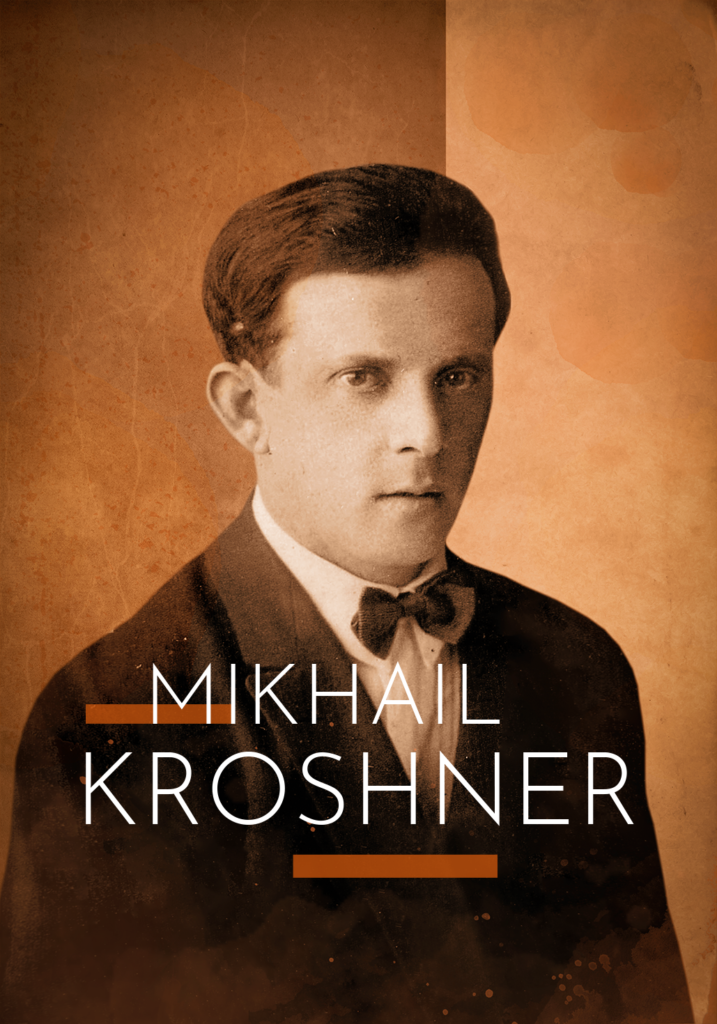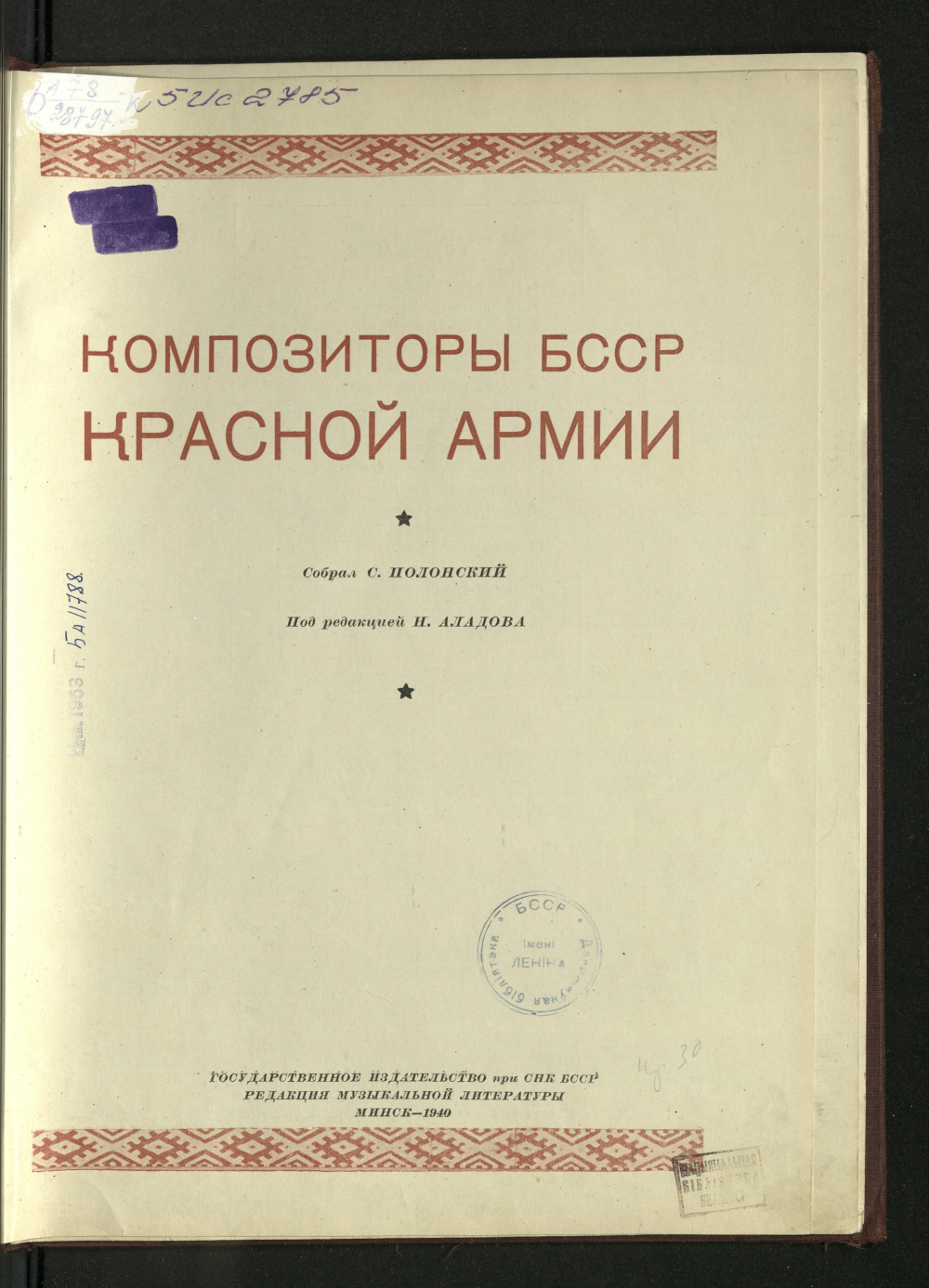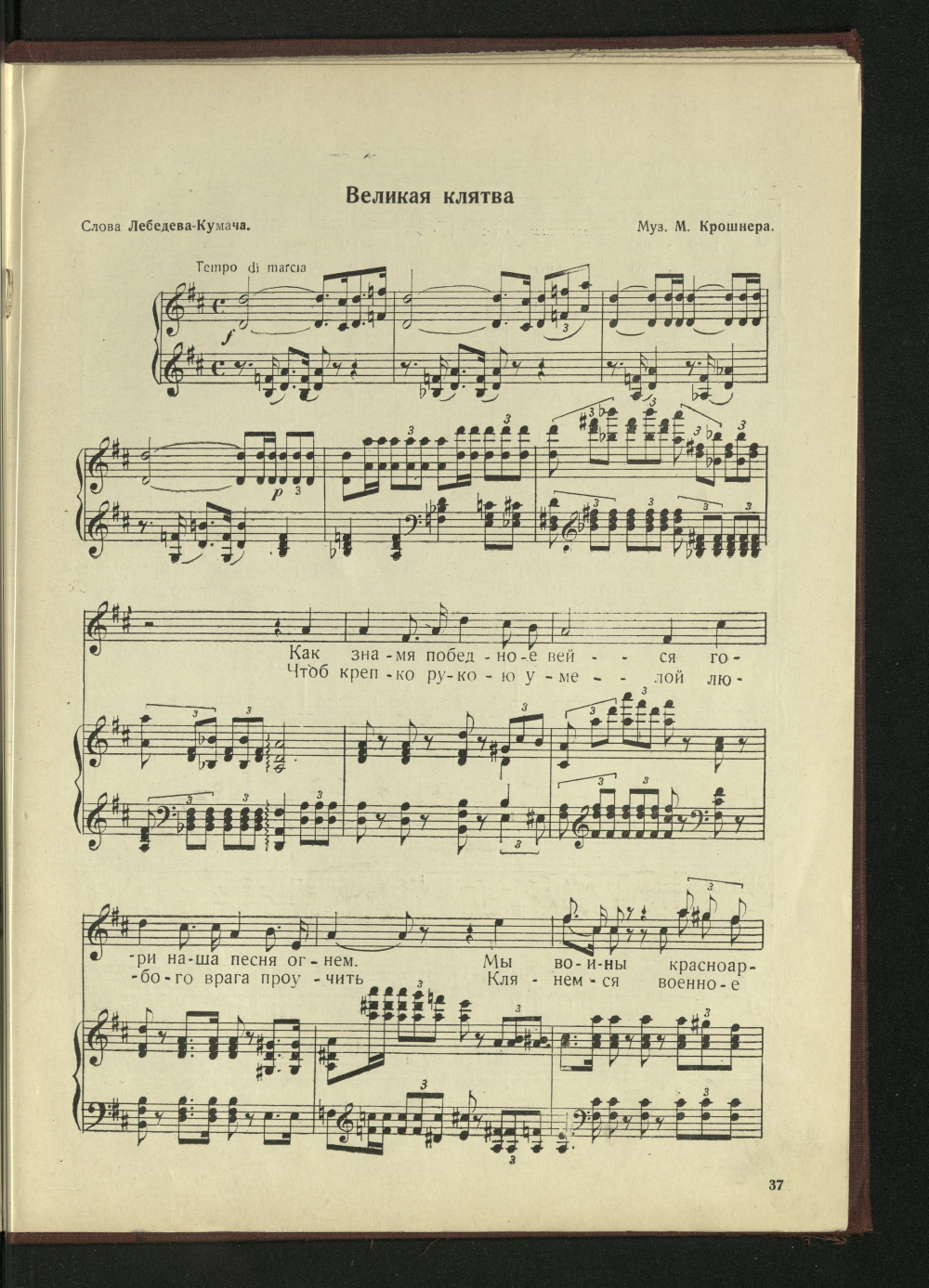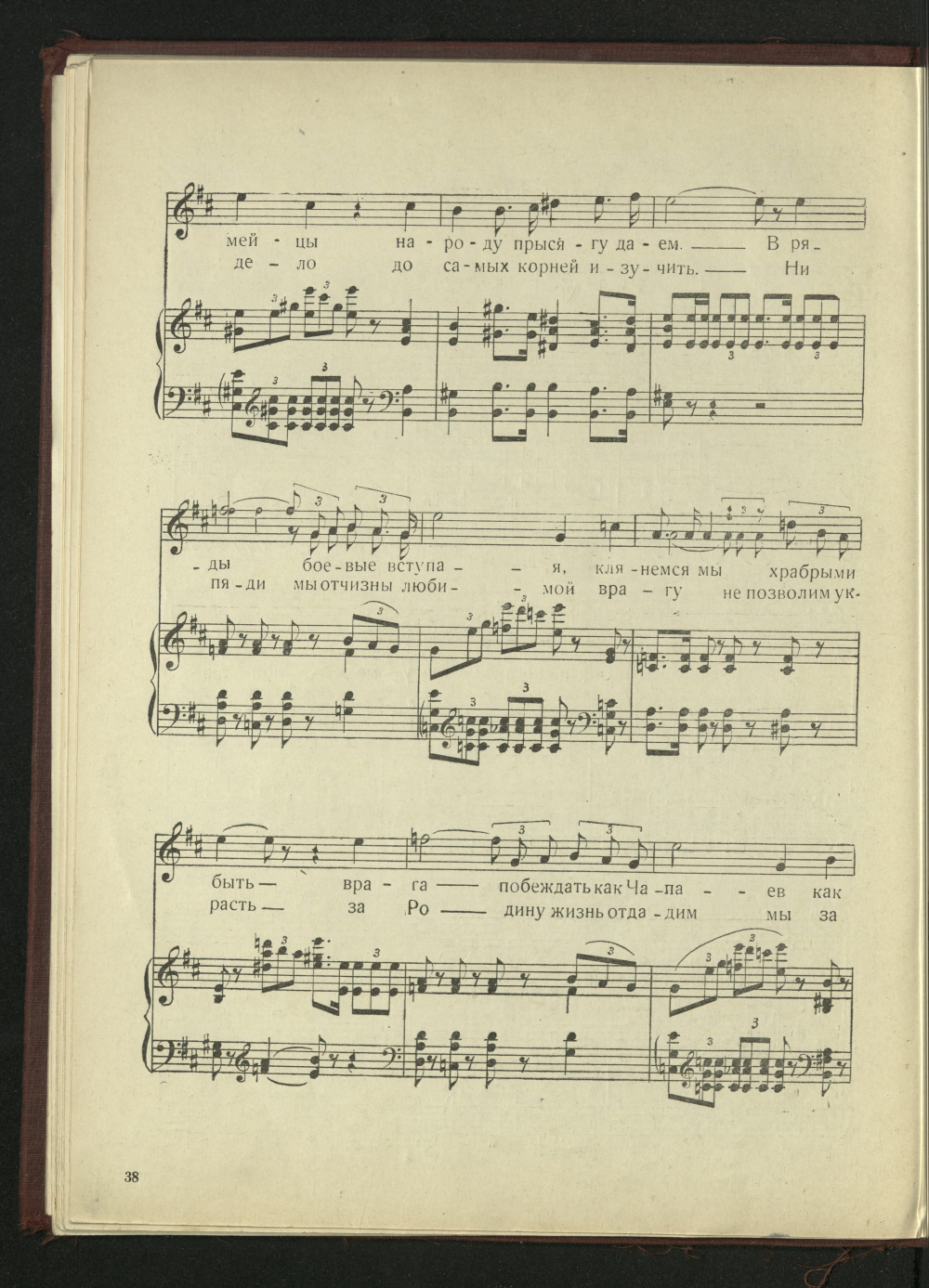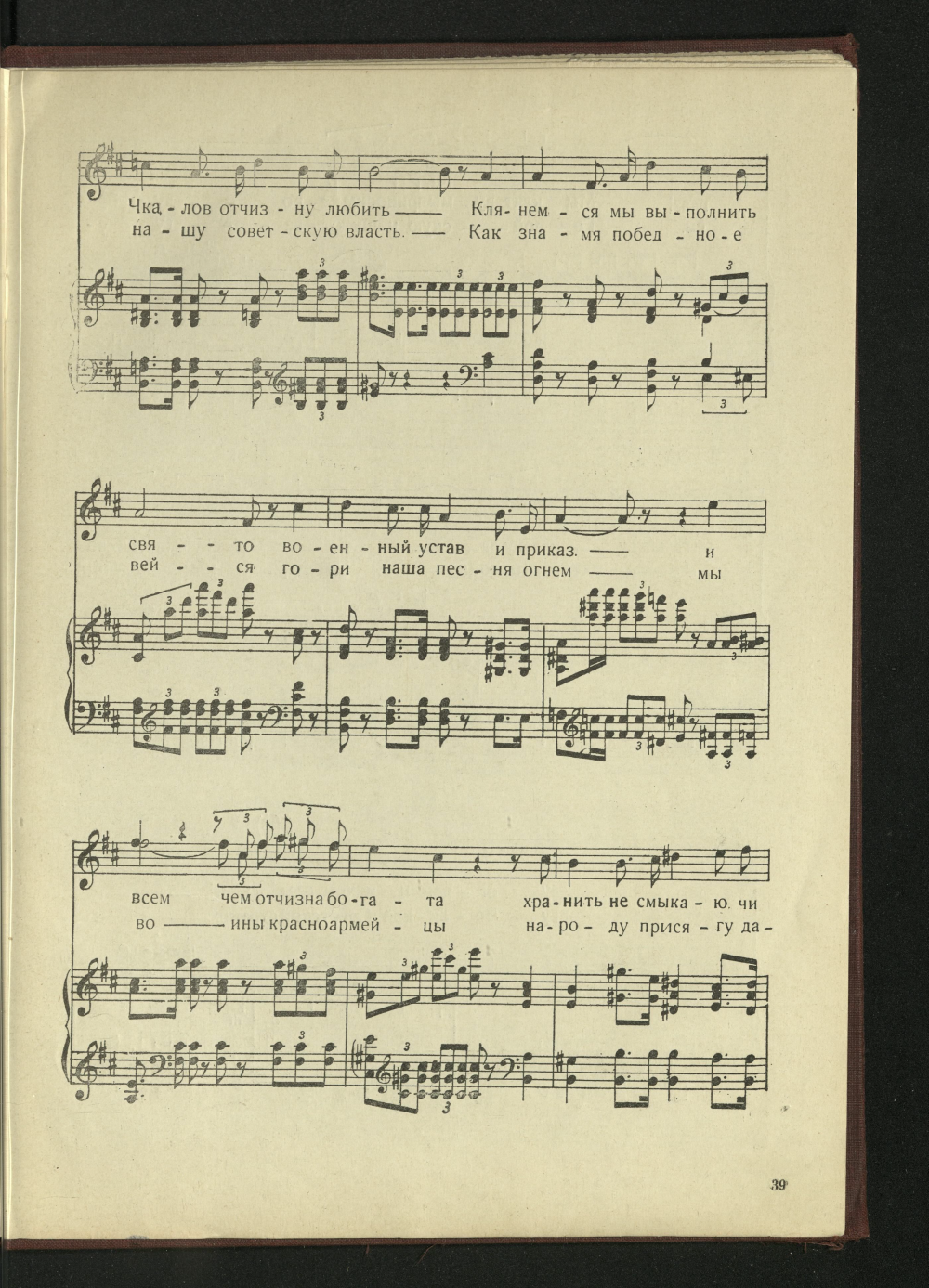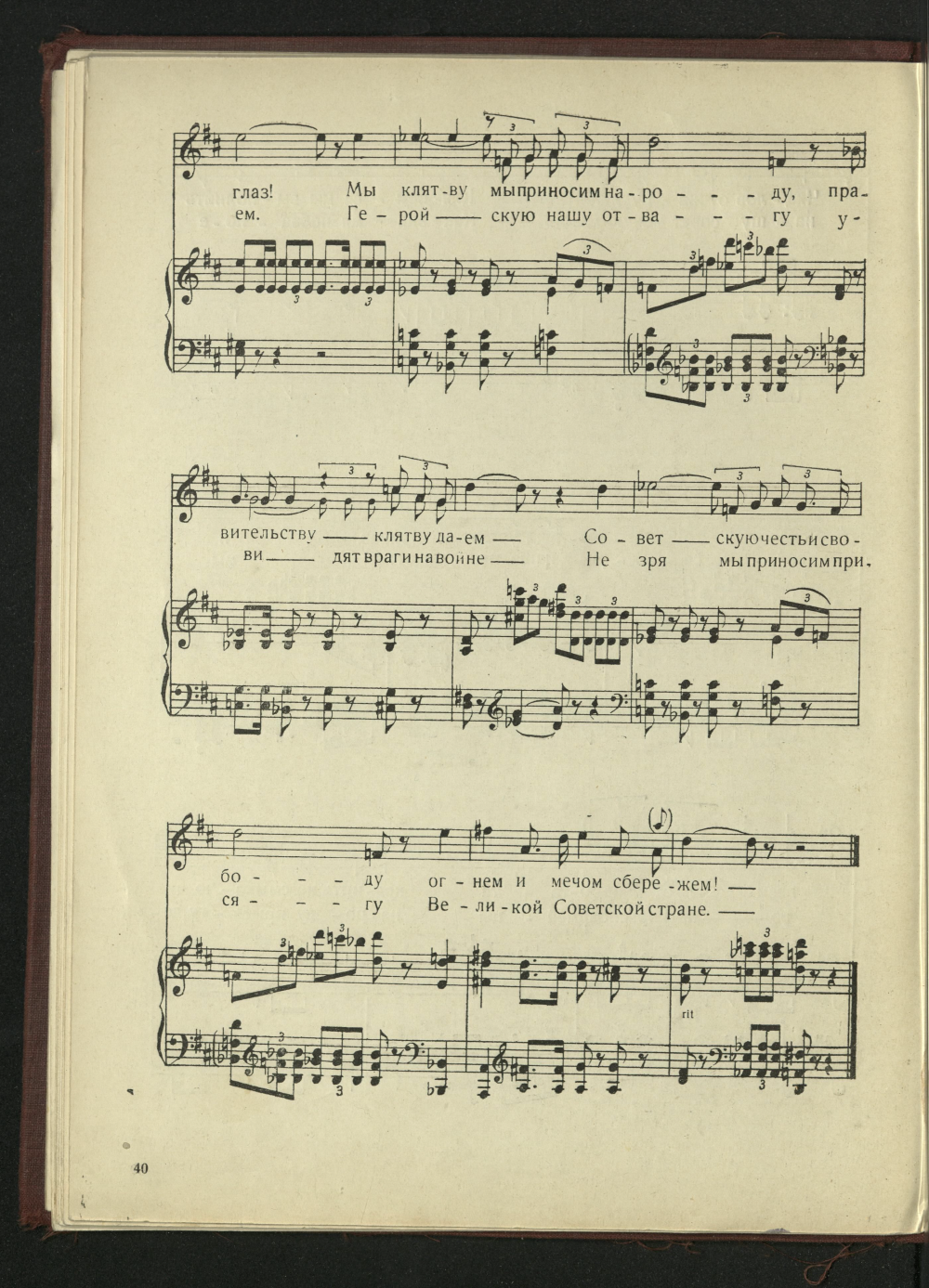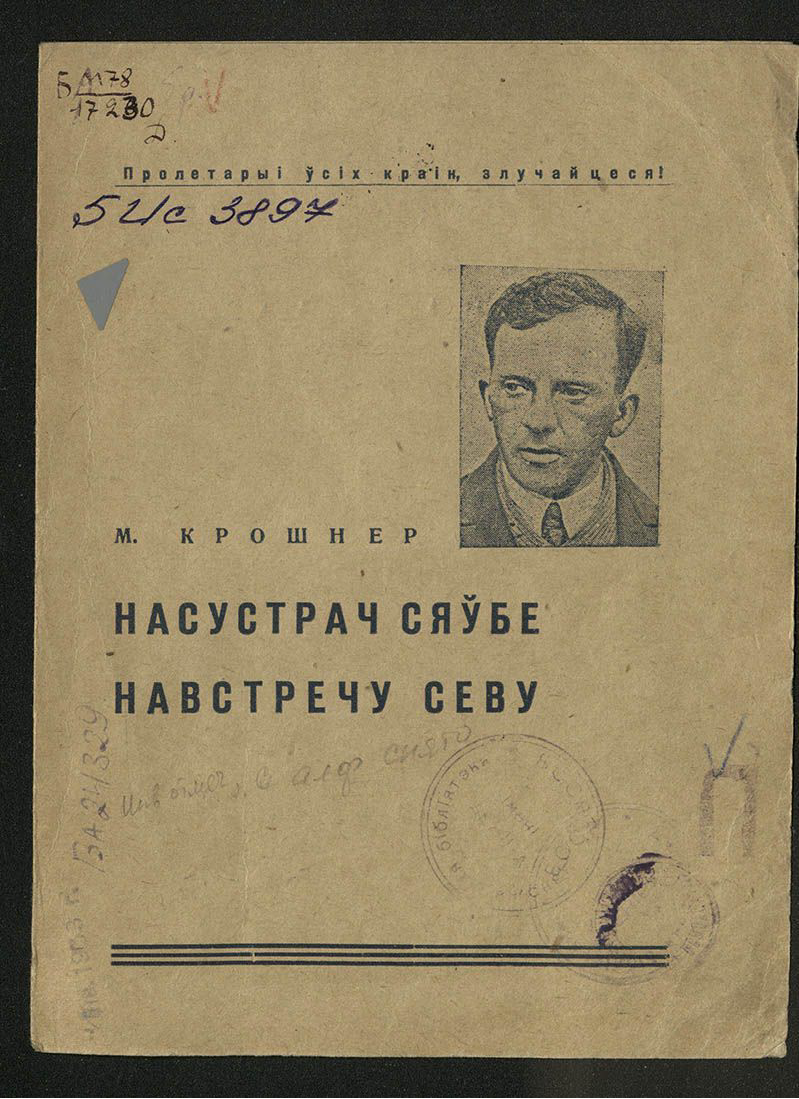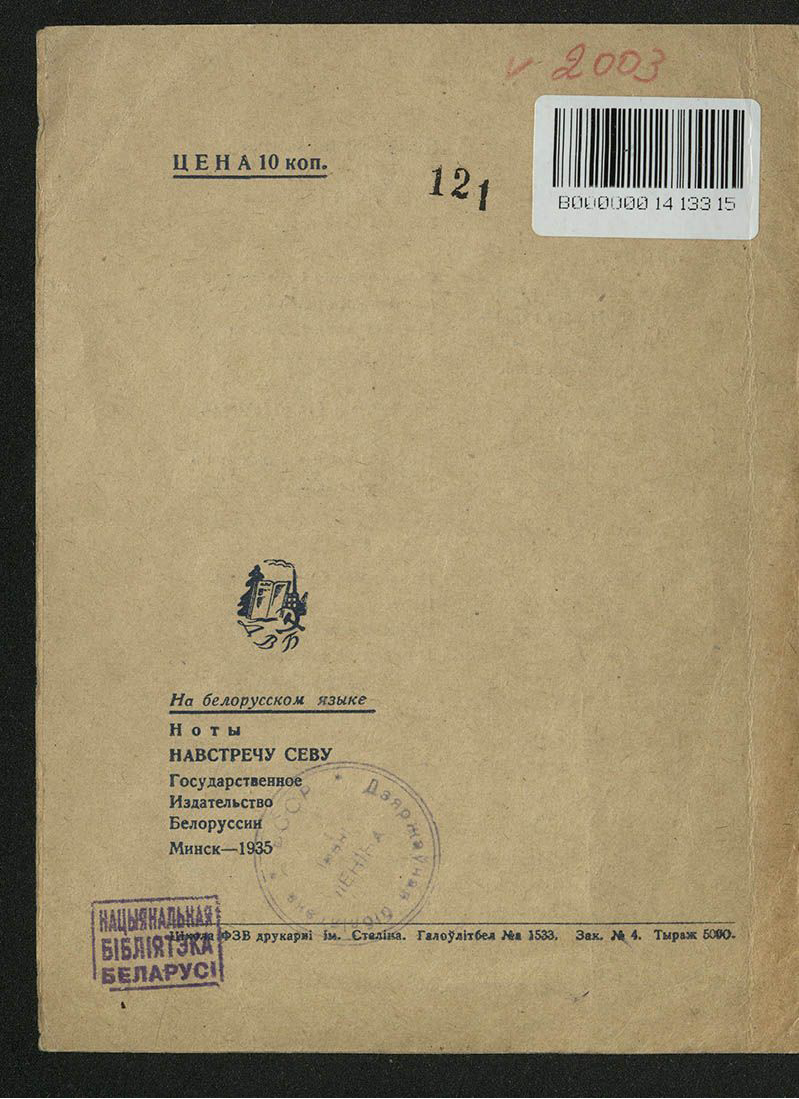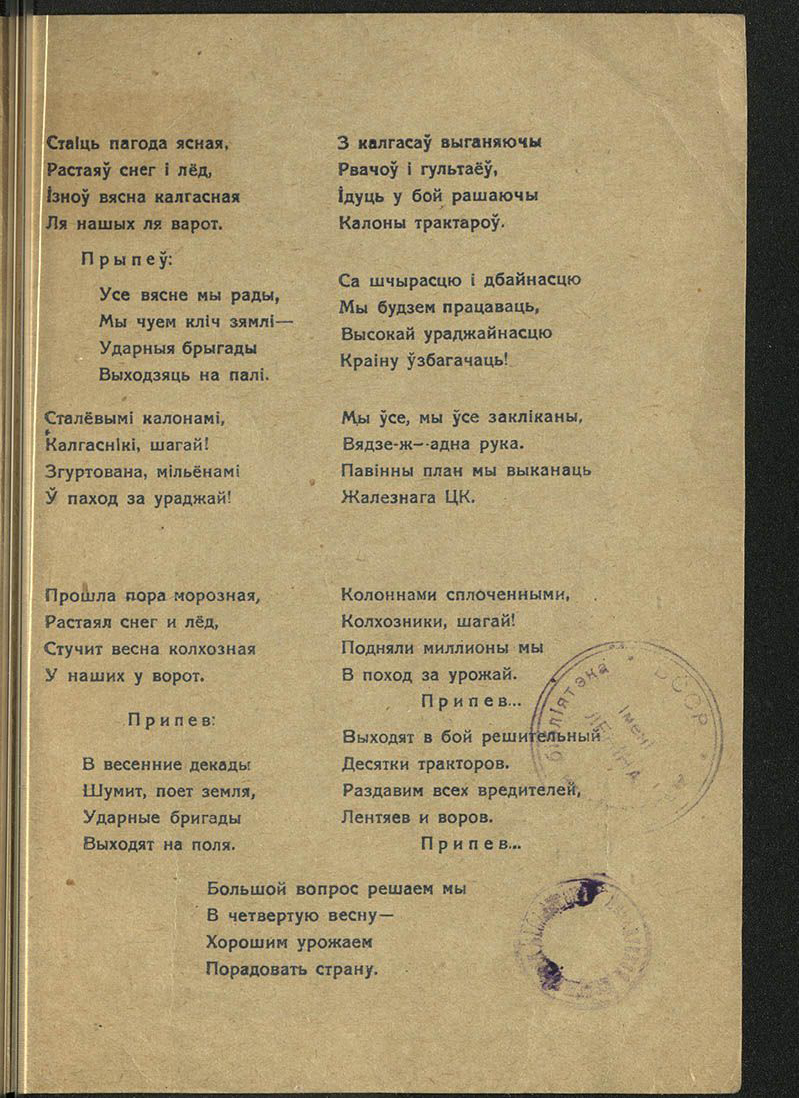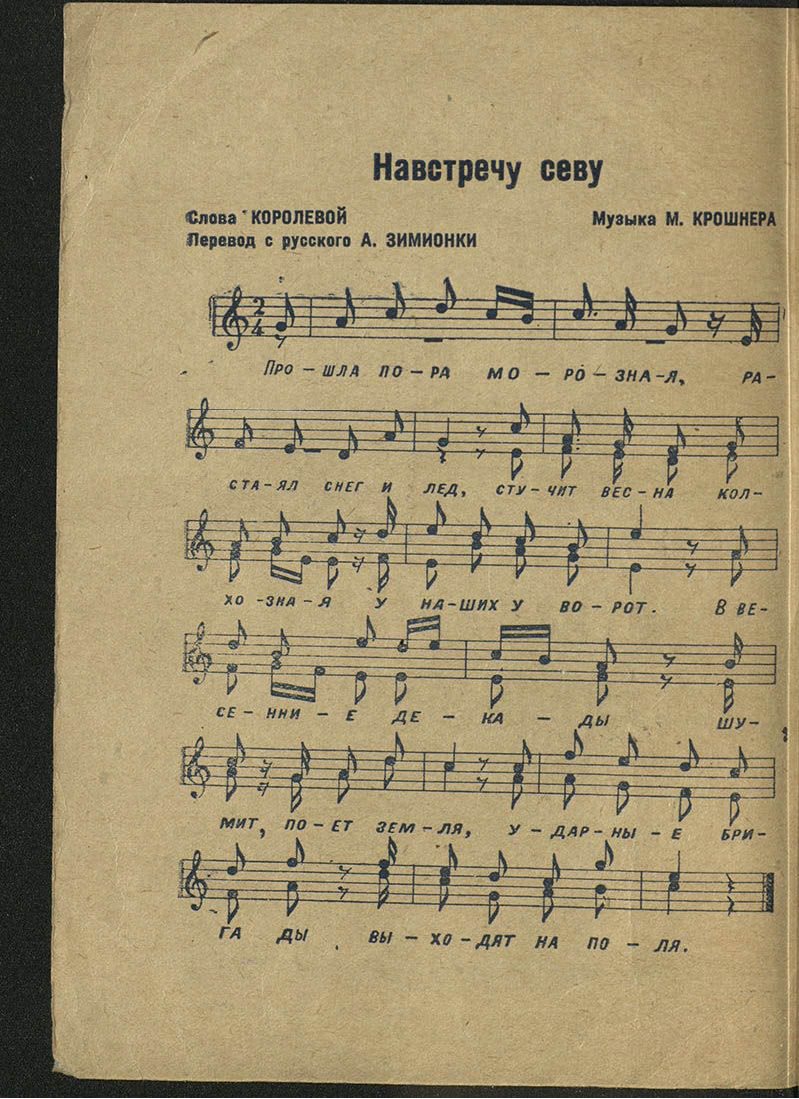1900, Kyiv – 28 July 1942, the Minsk Ghetto
Biografi
Mikhail Kroshner was a composer of many famous works, including Nightingale – the first national Belarusian ballet. He created music to performances based on the works of such well-known writers as Abraham Goldfaden, Alexander Pushkin and Mikhail Lermontov.
Mikhail was born in 1900 in Kyiv, and his father was a civil servant. In 1918-1921, he studied piano at the Kyiv Conservatory, first under the guidance of the composer and pianist, Vladimir Pukhalsky, and later under the supervision of an outstanding musician and teacher, Felix Blumenfeld. After graduating, he worked in different professions, but never abandoned music for long.
In the 1930s, he moved to Minsk, where he continued his studies at the Belarusian Conservatory and worked as an accompanist for the ballet troupe of the Opera Studio in Minsk (later transformed into the Opera and Ballet Theatre). It is there where he first encountered the art of choreography. His most popular work is a ballet titled Salavei (Nightingale). Known as the first national Belarusian ballet, its libretto is based on a short story written by Zmitrok Biadula. Nightingale was first staged in 1939 at the Opera and Ballet Theatre in Odesa, and then, on 11 May 1939, at the Opera and Ballet Theatre in Minsk, for the opening of the new theatre building. The Minsk version of this ballet, starring the eminent ballet masters of the era, Semyon Drechin, Ivan Kurilov and Aleksandra Nikolaeva, was later presented in Moscow, in 1940, to Stalin and other Soviet leaders, as part of the Decade of Belarusian Art. Kroshner was a collector of Belarusian folklore and included folk melodies in his compositions. He created music to performances based on the works of Abraham Goldfaden, Alexander Pushkin and Mikhail Lermontov.
In 1939, Kroshner began working on an opera in Yiddish, but the project was interrupted by the Second World War. The composer died in the Minsk ghetto, in 1942. Most of his music scores have been lost.
The copyright owner of Mikhail Kroshner’s portrait is Yad Vashem.
Mikhail Kroshner, Yad Vashem, Hall of Names photos, Archival Signature: 15000/14257930
Mikhail Kroshner was a composer of many famous works, including Nightingale – the first national Belarusian ballet. He created music to performances based on the works of such well-known writers as Abraham Goldfaden, Alexander Pushkin and Mikhail Lermontov.
Mikhail was born in 1900 in Kyiv, and his father was a civil servant. In 1918-1921, he studied piano at the Kyiv Conservatory, first under the guidance of the composer and pianist, Vladimir Pukhalsky, and later under the supervision of an outstanding musician and teacher, Felix Blumenfeld. After graduating, he worked in different professions, but never abandoned music for long.
In the 1930s, he moved to Minsk, where he continued his studies at the Belarusian Conservatory and worked as an accompanist for the ballet troupe of the Opera Studio in Minsk (later transformed into the Opera and Ballet Theatre). It is there where he first encountered the art of choreography. His most popular work is a ballet titled Salavei (Nightingale). Known as the first national Belarusian ballet, its libretto is based on a short story written by Zmitrok Biadula. Nightingale was first staged in 1939 at the Opera and Ballet Theatre in Odesa, and then, on 11 May 1939, at the Opera and Ballet Theatre in Minsk, for the opening of the new theatre building. The Minsk version of this ballet, starring the eminent ballet masters of the era, Semyon Drechin, Ivan Kurilov and Aleksandra Nikolaeva, was later presented in Moscow, in 1940, to Stalin and other Soviet leaders, as part of the Decade of Belarusian Art. Kroshner was a collector of Belarusian folklore and included folk melodies in his compositions. He created music to performances based on the works of Abraham Goldfaden, Alexander Pushkin and Mikhail Lermontov.
In 1939, Kroshner began working on an opera in Yiddish, but the project was interrupted by the Second World War. The composer died in the Minsk ghetto, in 1942. Most of his music scores have been lost.
